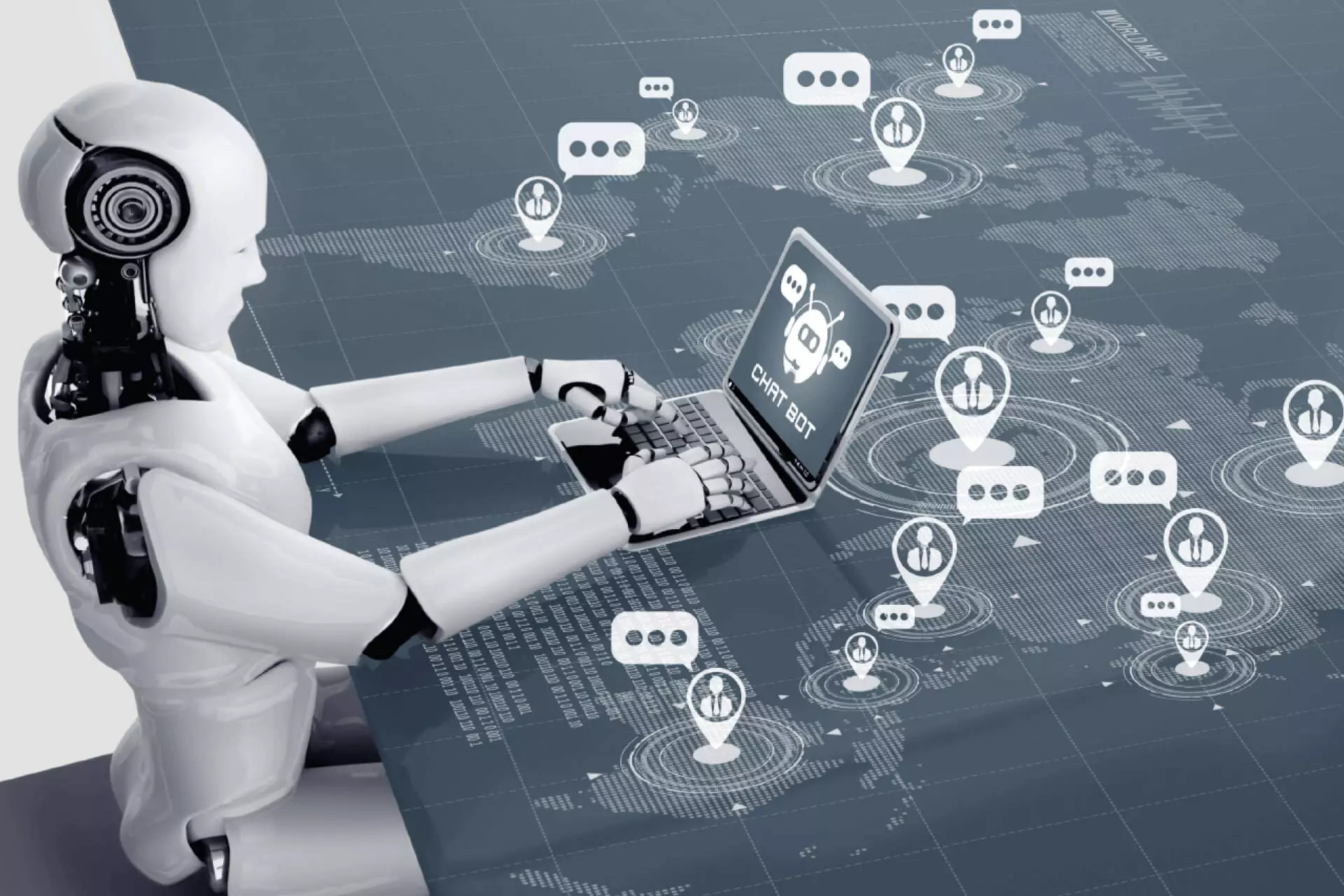In the age of technological advancement and technological innovation there has been a shift in how industries function. Major players in various sectors have recognized the potential of automation and robotics to reduce the time spent on processes, boost productivity and create a competitive edge in the market. The field of robotics lies at the heart of this transformation. It includes design implementation, integration and deployment of robot solutions across multiple industries.
Understanding Robotics Applications
Robotics is the field of science and engineering that focuses on the design, development as well as the operation and application of robots. A robot, as a concept, is a machine capable of doing tasks autonomously or under the guidance of humans. These machines can carry out repetitive or intricate tasks usually in conditions which pose risks or challenges for humans.

Robotics is more than just automation. It encompasses a broad range of software that is designed to transform industries and enhance the lives of human beings. Robots are gaining ground in a variety of fields including manufacturing, healthcare and manufacturing to entertainment and logistics.
The Rising of Automation: A Paradigm Change
The modern industrial revolution is rooted in automation, especially robotic automation. Automated technology has transformed the ways that firms operate, optimizing processes and increasing efficiency. Automation is about enabling machines or robots to complete tasks with little or any human involvement, and leveraging technology to improve speed, precision and efficiency.
Robotic automation is the process of using machines for tasks that humans have previously performed. They can imitate human movements, which makes them a valuable asset in all sectors. For example, whether it’s to put together products on a production line or performing complex surgical procedures in healthcare, robotics are revolutionizing the way work is done.
Robotic Process Automation (RPA) The RPA revolution is about advancing Efficiency
Robotic Process Automation (RPA) is a subset in automation, involves robots automating repetitive tasks based on rules within business processes. RPA utilizes software robots or “bots” that perform routine operations. This allows human employees to focus on more difficult tasks.
RPA integration has been an industry-changing technology, providing the agility and efficiency of the business processes of various sectors. RPA transforms workflows in many industries including data entry, invoice processing and HR operations. For more information, click Robotic Process Automation
Fanuc Robots: Advancing Industries by using Robots
One notable player in the robotics domain is Fanuc an industry leader that specialises in the design, development, integration and installation of robots to serve a range of industries. Fanuc robots are renowned for reliability, precision, and flexibility. They are utilized across a range of industries.
Fanuc Robots are changing industries. The robots were designed to boost productivity and increase the amount of work done while maintaining the highest quality standards. In addition, Fanuc’s cutting-edge solutions are designed with a keen focus on safety, removing workers from potentially hazardous tasks.
Driving Competitivity: The Fanuc Advantage
Fanuc robots provide industries with an advantage in market. Fanuc’s robotic solutions are efficient and productive, which results in a higher return on investment. Automating repetitive tasks and tasks that require labor, enterprises can reallocate resources to work that requires creative problem solving, critical thinking and creativity.
Furthermore, Fanuc’s robotised solutions are designed to meet the specific requirements of various industries. The innovative method of developing and deploying robotic solutions permits industries to rapidly adapt to the changing needs of markets to stay ahead of competitive landscape and grow sustainably.
The Future is Here: A Snippet
As technology continues to advance in the field of robotics, the realm of robotics and automation is likely to further evolve. Future developments will include artificial intelligence advancements, sensors that are more precise, and increased collaboration with robots.
In the end the fusion of robots and automation, such as Robotic Process Automation and Fanuc robots are revolutionizing industries and propelling them towards the future. The gains from robots have enabled businesses to not only survive in today’s highly competitive marketplace, but also open new frontiers of technology. We are in the middle of a brand-new era and the effects of robotics, automation and technological advancements will be evident well into the future.
